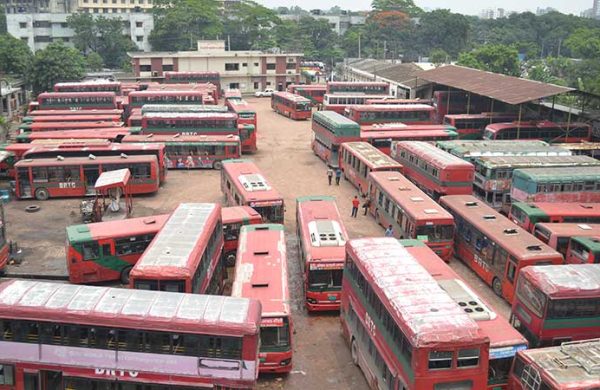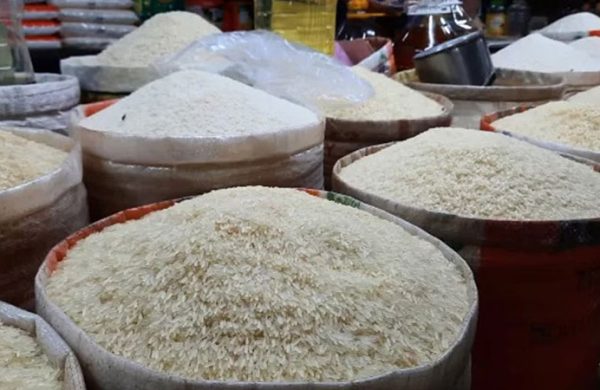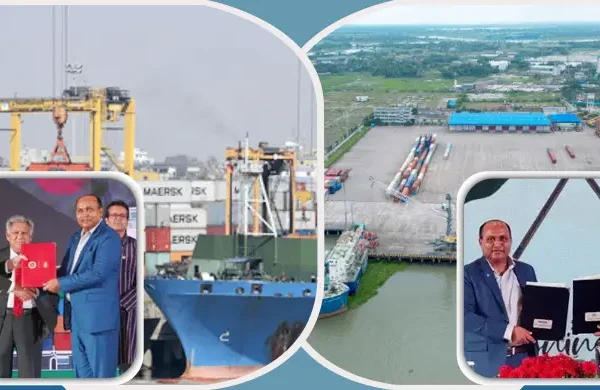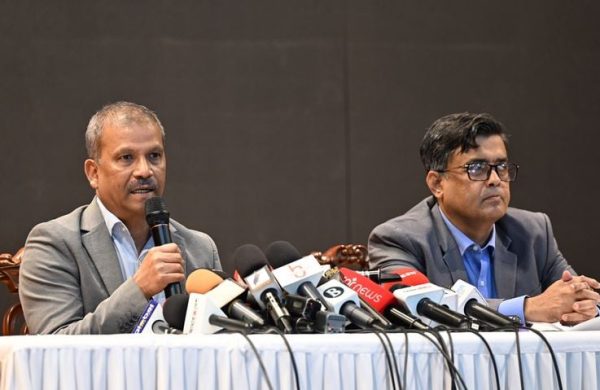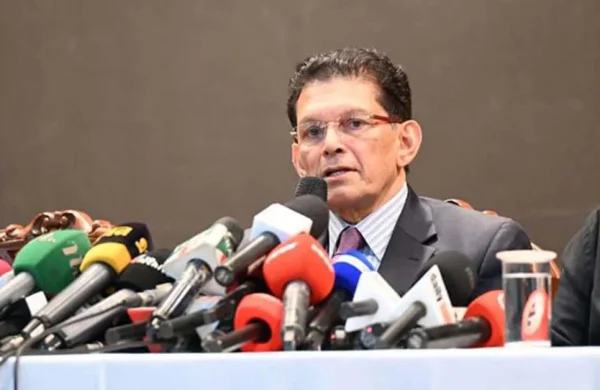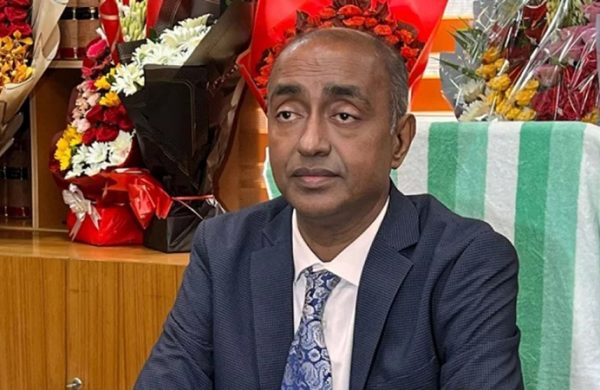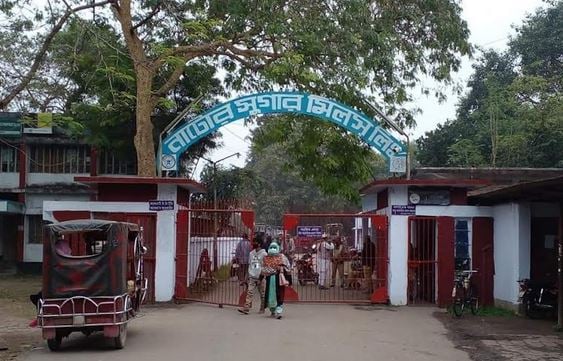Logistics costs eat up 16pc of GDP
- Update Time : Monday, August 18, 2025
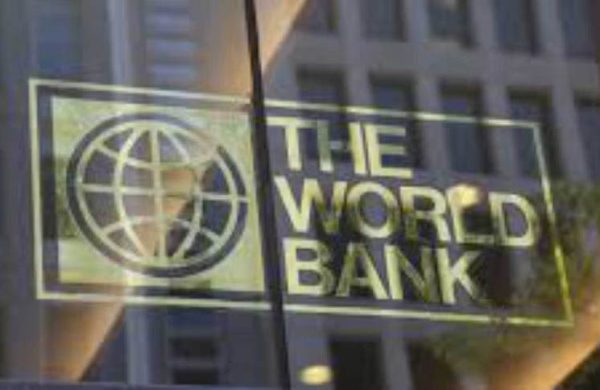
TDS Desk:
Bangladesh spends as much as 16 percent of its gross domestic product (GDP) on moving goods from factories to customers, far above the global average of 10 percent, according to a senior World Bank official.
She said this burden is eroding the country’s trade competitiveness and discouraging investment.
Nusrat Nahid Babi, senior transport specialist at the World Bank’s Dhaka office, made the remarks at a roundtable titled “Challenges, Opportunities and the Way Forward in the Logistics Landscape”, organised by The Financial Express at Lakeshore Heights in Dhaka yesterday.
She said between 35 and 54 percent of these logistics costs are linked to inefficient transport systems. “Infrastructure remains so vulnerable that even light rain can disrupt highways and terminals,” Babi noted.
“Enough has been discussed. What is needed now is execution,” she said, criticising the slow pace of reforms despite years of policy dialogue.
The World Bank official pointed to more than 62 regulatory bottlenecks, many of which she said could be resolved through better coordination rather than large-scale investment.
To cut expenses and improve performance, she urged timely project implementation, multimodal connectivity, digitalisation and logistics related skills development.
Babi also called for a national logistics council to bring agencies together and ensure coordinated action.
At the programme, Mohammed Yousuf, senior secretary to the Ministry of Shipping, said the government would finalise a national logistics policy within a month to overhaul the country’s transport and port systems.
The goal, he said, is to attract more foreign direct investment (FDI) and ease export bottlenecks.
Yousuf said the draft policy identifies 62 coordination challenges across multiple agencies and sets out an action plan involving ministries, regulators and the private sector.
“We must boost logistics efficiency if we want serious foreign investment,” he said, adding that Bangladesh’s $3 billion FDI inflow in 2023 was far behind India’s $250 billion and Vietnam’s $18 billion.
The senior secretary said the Chattogram port, which handles more than 90 percent of container traffic, was already operating beyond capacity.
Expansion is under way but moving slowly, he acknowledged. “The long-awaited Bay Terminal project has gained traction, with the World Bank set to finance the breakwater. Tenders are expected within two months.”
PSA Singapore, DP World of Dubai, and Saudi firm Red Sea Gateway Terminal have been shortlisted under a public-private partnership (PPP) model.
He also highlighted progress in port digitalisation, including e-document submission and an e-auction system for clearing abandoned containers.
Yousuf said there was a shortage of locomotives on the Dhaka-Chattogram rail route and suggested private operators might be allowed to carry freight there.
He added that a revised tariff structure and a new licensing system for shipping agents were in the works, though legal obstacles remained.
A national logistics coordination meeting will take place in Chattogram later this month, alongside the release of a six-month performance review.
At the programme, top business leaders voiced concerns about persistent logistics challenges.
Mohammad Hatem, president of the Bangladesh Knitwear Manufacturers and Exporters Association (BKMEA), warned that without urgent upgrades, the country’s $100 billion export target would remain out of reach.
He cited delays, mismanagement and rising demurrage charges, saying containers were often held for days and illegal payments demanded.
The BKMEA president criticised the Chattogram Port Authority for raising service charges by 40 percent recently without consulting stakeholders.
He urged the government to bring in foreign experts, complete stalled projects such as the Pangaon terminal and expressways linking Gazipur, Ashulia and Narayanganj, and reform customs, banking and utility services.
Azam J Chowdhury, president of the Bangladesh Ocean Going Ship Owners’ Association, criticised the government for neglecting the private maritime sector. “We operate 100 percent of the industry, yet we are ignored.”
Chowdhury called for a taskforce to tackle legal and bureaucratic hurdles, pointing to flaws in the 2020 coastal shipping ordinance, inconsistent customs practices and rising licensing costs.
He also warned that Bangladesh risked non-compliance with the International Maritime Organization’s green fuel mandate by 2028.
M Masrur Reaz, chairman of Policy Exchange Bangladesh, urged the rapid implementation of more than 60 national logistics policy action points, including a multimodal logistics master plan and PPP-led port and rail projects.
He argued for lifting foreign ownership caps in logistics and shifting implementation leadership to the shipping ministry.
“Logistics is no longer just infrastructure; it is an economic imperative,” said the economist.
Prof Md Mamun Habib of Independent University, Bangladesh, delivered the keynote address.
Syed Ershad Ahmed, president of the American Chamber of Commerce in Bangladesh; Shamsuddin Chowdhury and Harun or Rashid, general secretary and member of the Bangladesh Container Shipping Association; Mohammad Sazzad Hossain, director of the Bangladesh Bank; and Shamsul Huq Zahid, editor of The Financial Express, spoke among others.



